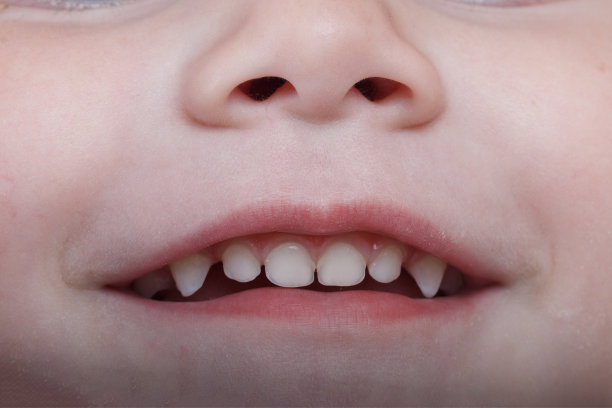Essential Precautions to Take Before and After Your Dental Filling Appointment for Optimal Oral Health
Summary: Before and after your dental filling appointment, taking essential precautions can greatly enhance your oral health. This article explores the important steps to prepare for your procedure, what to expect during and after the appointment, how to maintain proper oral hygiene practices, and guidelines for managing pain and discomfort. Understanding these crucial factors will not only ensure a smoother dental experience but also promote optimal recovery and long-term oral health. By following these tips, you can minimize future dental issues and maintain a healthy smile.
1. Preparing for Your Dental Appointment

Preparation is key when it comes to your dental filling appointment. Firstly, it is crucial to gather pertinent information about your dental health. Make sure to note down any medications you are currently taking, allergies you may have, and your medical history. This information will help your dentist tailor the procedure according to your specific needs and reduce potential complications.
Secondly, consider scheduling your appointment at a time when you can allow for recovery. Many people prefer afternoon appointments to avoid rushing back to work. This can help ensure you have sufficient time to rest and recover from any residual numbness or discomfort after the procedure, leading to a more relaxed experience.
Lastly, arrange for a ride home if necessary. After local anesthesia is administered, you might experience numbness that impairs your ability to drive safely. Having someone to accompany you will alleviate stress and allow you to focus on your dental care rather than logistics.
2. Understanding the Procedure and What to Expect
To feel more at ease, familiarize yourself with the dental filling process. When you arrive, your dentist will assess the affected tooth and discuss the best filling material for your situation. Different types of fillings, such as composite resin, amalgam, or porcelain, each have their benefits, and your dentist will guide you on the most suitable option.
During the procedure, you may feel some pressure or vibration, but most dentists ensure that you are comfortable by using a local anesthetic. It is essential to communicate any discomfort or anxiety you may feel during the process. Your dentist can make adjustments or offer reassurance to help you feel more comfortable as they work.
Post-procedure, you might experience some soreness or sensitivity in the filled tooth. This is normal and usually subsides quickly. Your dentist will provide guidance on how to care for your mouth during this recovery time and what symptoms may require follow-up care.
3. Maintaining Oral Hygiene After the Appointment
Keeping up with good oral hygiene practices after receiving a filling is vital for ensuring its longevity. However, you should be cautious about how you brush and floss. For the first 24 hours, refrain from disturbing the filling site too aggressively and follow any specific instructions given by your dentist regarding your oral care routine.
Once the initial healing period has passed, continue with your regular oral hygiene routine. Brush twice daily with fluoride toothpaste and floss at least once a day. This will help keep the filled tooth and surrounding teeth free from decay, ensuring that your new filling lasts as long as possible.
Additionally, consider using an antimicrobial mouthwash to further enhance oral cleanliness. An effective mouthwash can help reduce bacteria in the mouth, minimizing the chances of developing additional cavities near the filling site. Regular dental check-ups will also help monitor the condition of the filling and your overall dental health.
4. Managing Pain and Discomfort After Your Filling
Following your dental filling appointment, managing any discomfort effectively is essential for your comfort and recovery. Over-the-counter pain relievers, such as ibuprofen or acetaminophen, can be beneficial for alleviating post-procedure pain. Always follow the dosage instructions and consult your dentist if you have any concerns.
You may also want to avoid very hot or cold foods and beverages immediately following the appointment. Your tooth may be sensitive for a short period, and consuming extreme temperatures can aggravate this sensitivity. Stick to softer foods and drinks until you feel ready to return to your normal diet.
If you notice persistent pain or discomfort that lasts more than a few days, contact your dentist. This could be a sign of an issue with the filling or an underlying dental problem that requires further evaluation. Prompt attention to any discomfort can help prevent more significant dental issues from developing.
In summary, taking essential precautions before and after your dental filling appointment plays a critical role in promoting optimal oral health. By being well-prepared, understanding the procedure, maintaining proper hygiene, and managing any discomfort effectively, you can enhance your dental experiences and ensure the longevity of your treatment. Regular follow-ups and attention to your oral health routines will further support a healthy smile for years to come.
This article is compiled by Vickong Dental and the content is for reference only.



